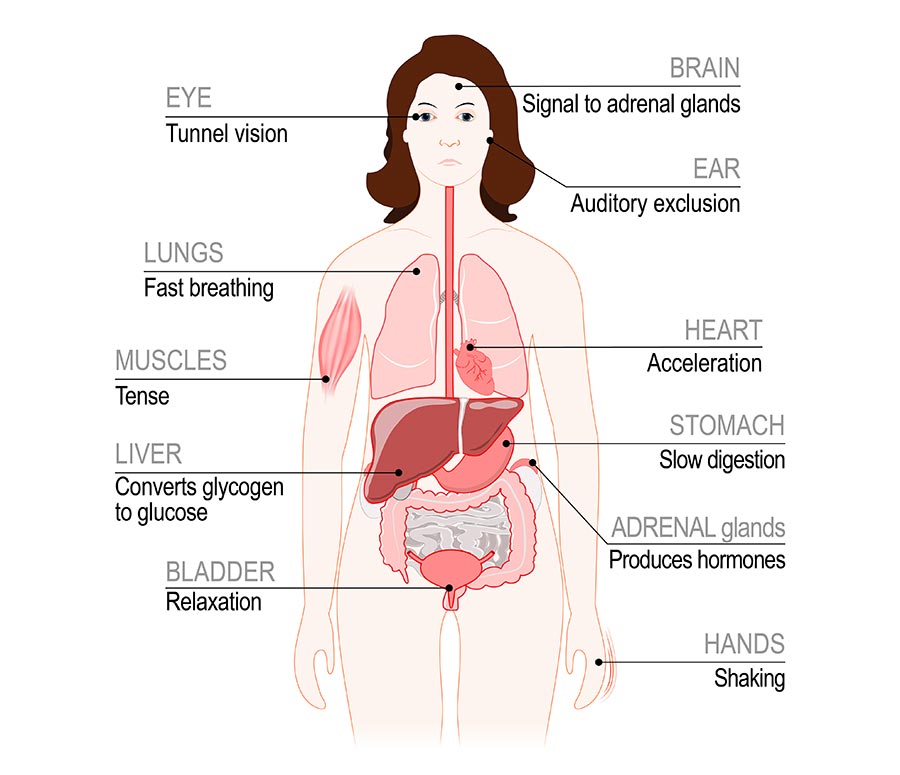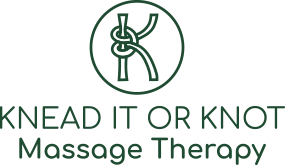We all know the emotional effects that stress has on us. However, what’s not as well known are the physical effects that stress has on the body. The impact of stress has more far reaching implications than most people know. Stress affects not only your feelings, thoughts, and behavior, but also your physical health.
Common physical health effects of stress
The different symptoms caused by the impact of stress on the body are varied, so being aware of them can help identify them quickly so you can act.
- Headaches
- Muscle tension/pain
- Chest pain
- Fatigue
- Upset stomach/nausea/vomiting
- Diarrhoea
- Insomnia
Left unchecked and untreated, stress can ultimately lead to significant health problems or the worsening of those already present like hypertension (high blood pressure), diabetes, heart disease, and even obesity.
Probably the number one impact of stress on the body is noted on the neck and shoulders. Studies on stress in the USA, have shown that at least 1 out of every 10 people complain regularly of pain in these areas. When combined with the fact that 25% say they deal with “high” stress levels and another 50% describing their stress level as “moderate,” it should be no surprise.
The impact of Stress on the body?
So we now know what issues stress can physically cause, but do you know why?
It all comes down to the sympathetic nervous system, which controls our “fight or flight” response. When the brain gets triggered by high levels of stress, it responds by releasing hormones (like adrenaline and cortisol). This results in changes like an increased heart rate and blood pressure, tense muscles, and more frequent breathing. The entire body becomes tense and ready for action, which causes the intense impact of stress, which can linger in the body for hours or even days after the triggering event.

How the impact of stress can be lessened with massage
The good news is that there is a simple way to help manage the impact of stress on the body.
Massage is often an underestimated tool to lessen the signs and symptoms and help you to both physically and mentally cope with whatever stress you may be dealing with. The best part is that it’s much more accessible than ever before, moving away from only being offered at just expensive, upscale spas.
The many benefits of massage on the body as well as with reducing the impact of stress makes it one of the most comprehensive and effective tools. Receiving a massage also encourages the release of hormones like oxytocin, dopamine and serotonin, which specifically combat the flight of fight response of the sympathetic nervous system. They do so by lowering heart rate, blood pressure and increasing one’s pain threshold.
There are also multiple different types of massage, each different and unique in the way it helps the body reduce the impact of stress. Ask your massage therapist which style is right for you.
- Relaxation using Swedish massage techniques – gentle with kneading, longer strokes, tapping, and circular motion
- Sports – basically a Swedish, but specifically for sports related issues
- Deep Tissue – slower, firmer strokes to reach deeper layers of muscle and tissue
- Trigger Point – mostly beneficial for specific areas of concern and tight muscles.
When combined with other types of integrative medicine, massage has a wide variety of positive effects on the body. If the impact of stress has increased or become too much, schedule yourself a massage and enjoy the many benefits of this amazing service.

